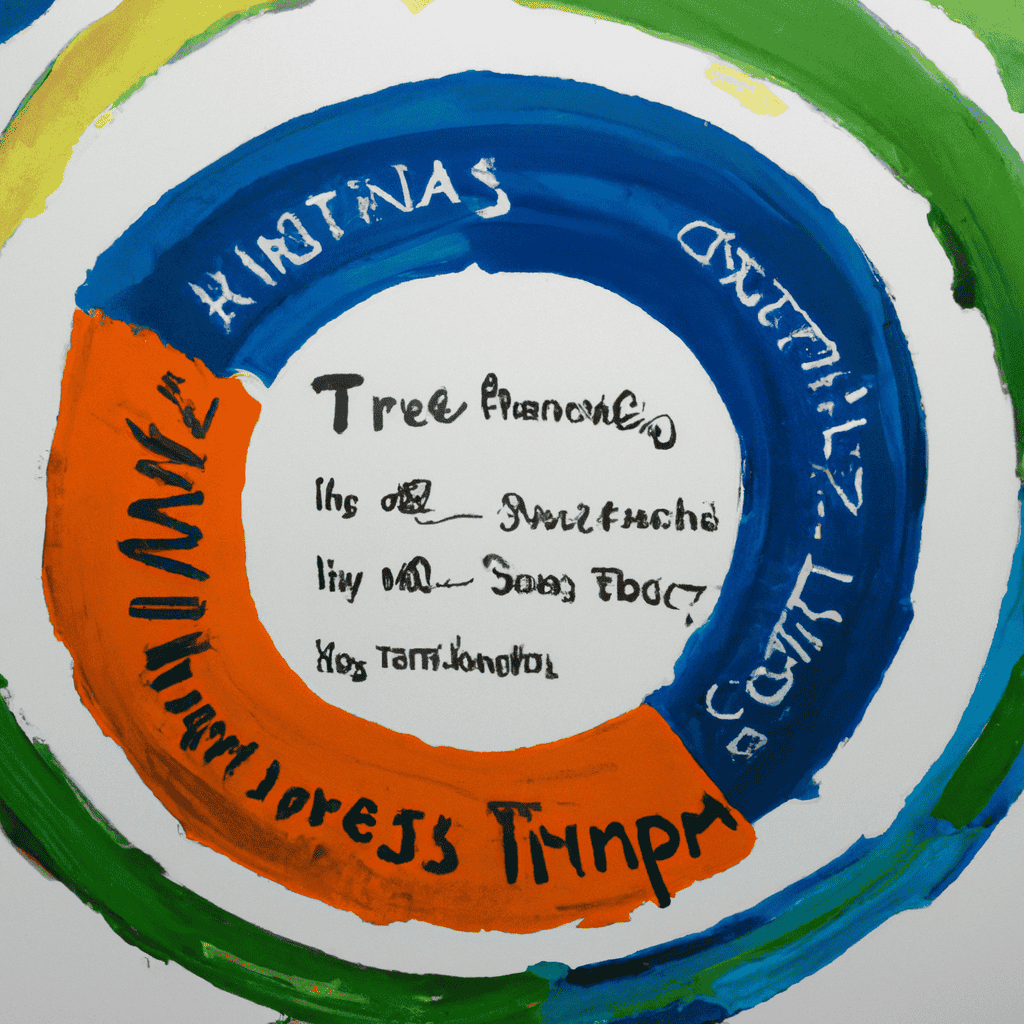
NHS Indirect
01 Oct 2006 - Bruno Prior
Someone in Whitehall decided that the most efficient way of dealing with out-of-hours medical enquiries was to have a centralised phone enquiry system (NHS Direct), rather than doctors on call. This would save money and make doctors' working hours more civilised. Unfortunately, remote diagnosis is not easy, or else the doctors on call would have been handling most of their calls in this way. Not surprisingly, this change has not reduced the number of patients who cannot be diagnosed over the phone. They therefore have to go somewhere. We now discover that where they are going is to the Accident & Emergency (A&E) services of their local hospital (Sunday Telegraph, 1 Oct 2006, News. p.8). There were an extra million visits to A&E in 2005/6 than the previous year. An A&E consultant has estimated that over half of those visiting A&E could have been dealt with by a GP.
Out-of-hours services are expensive. The person in Whitehall who decided that the centralised system would work for all did not allow people to demonstrate their preferences. In fact, under a "free-at-the-point-of-use" system, there is no way for people to express their preferences, nor for people in the health services to discover those preferences.
It is difficult to know whether the provision of out-of-hours services by GP surgeries would offer better or worse value than the provision of additional services by A&E departments. People are not faced with the true costs (indeed, any costs, directly), so cannot choose which type of service they would prefer. Instead, they simply do as they are told. It may be that more money will be allocated to A&E departments as a result (though this must inevitably be at the expense of something else). This may be more or less expensive than the previous system. And it may provide a more or less attractive service for the money. But whatever the balance, it is not based on what people want but on what a bureaucrat thought was best for them. Those who would have preferred a continuation of GP out-of-hours services may be in the majority or minority. And even if they were in the minority, they might have valued the continuation of the service they preferred sufficiently to allocate enough health funds in that direction to justify its continuation. We will never know, and they will never have the chance to find out.
Those for whom A&E is conveniently located may be better off. But those for whom the nearest A&E is remote, or whose means of transport to A&E is constrained (e.g. many pensioners) will know that they have paid the price for not conforming to the average that the bureaucrat assumed applied to everyone.
Everyone will find themselves, at one time or another, in the minority that does not conform to the average. If you accept bureaucratic impositions when the result is reasonably convenient to you (when your circumstances conform with the average, majority circumstances), you will have no grounds for complaint when you find yourself in the minority. The only protection for your rights to choose as an individual is to stand up for everyone's right to choose. And the only system that allows people to express their choices as individuals is the market. That may seem harsh, but it is the reality.